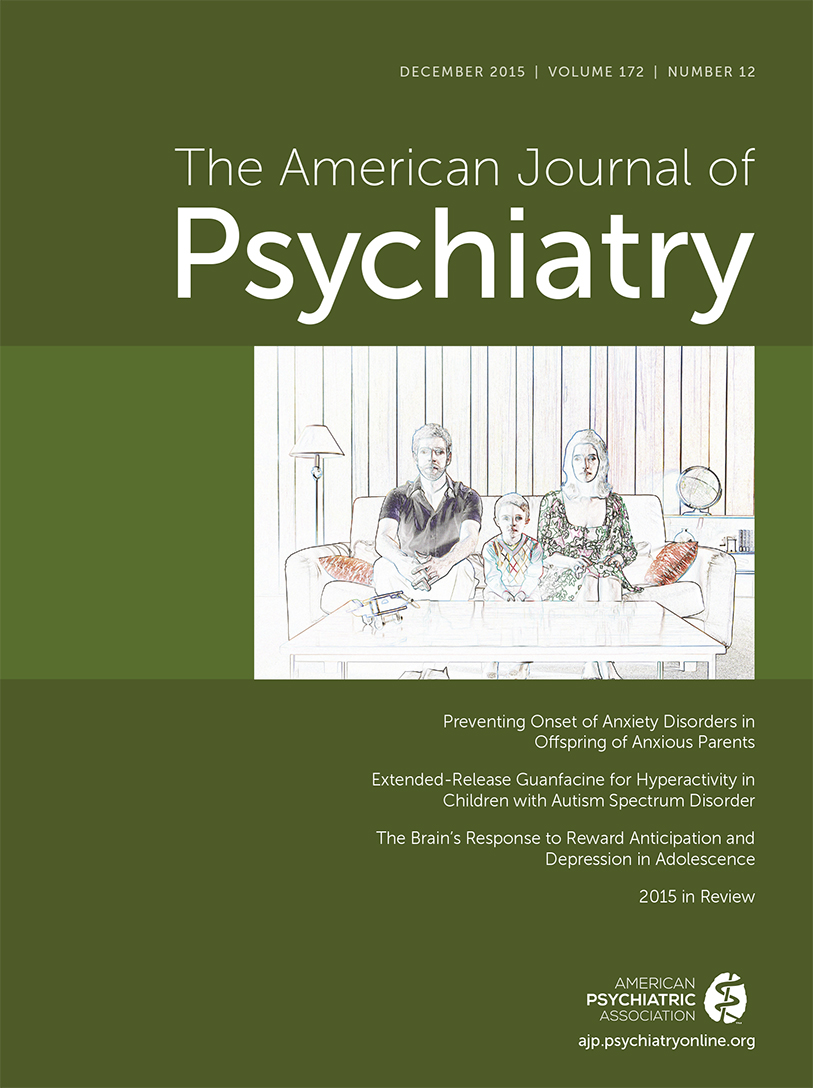Pregnancy Complications Following Prenatal Exposure to SSRIs or Maternal Psychiatric Disorders: Results From Population-Based National Register Data
Abstract
Objective:
Using national register data, the authors examined the relationship between prenatal selective serotonin reuptake inhibitor (SSRI) treatment and pregnancy complications, accounting for psychiatric diagnoses related to SSRI use.
Method:
This was a population-based prospective birth cohort study using national register data. The sampling frame included 845,345 offspring, representing all singleton live births in Finland between 1996 and 2010. Pregnancies were classified as exposed to SSRIs (N=15,729), unexposed to SSRIs but with psychiatric diagnoses (N=9,652), and unexposed to medications and psychiatric diagnoses (N=31,394). Pregnancy outcomes in SSRI users were compared with those in the unexposed groups.
Results:
Offspring of mothers who received SSRI prescriptions during pregnancy had a lower risk for late preterm birth (odds ratio=0.84, 95% CI=0.74–0.96), for very preterm birth (odds ratio=0.52, 95% CI=0.37–0.74), and for cesarean section (odds ratio=0.70, 95% CI=0.66−0.75) compared with offspring of mothers unexposed to medications but with psychiatric disorders. In contrast, in SSRI-treated mothers, the risk was higher for offspring neonatal complications, including low Apgar score (odds ratio=1.68, 95% CI=1.34–2.12) and monitoring in a neonatal care unit (odds ratio=1.24, 95% CI=1.14–1.35). Compared with offspring of unexposed mothers, offspring of SSRI-treated mothers and mothers unexposed to medications but with psychiatric disorders were both at increased risk of many adverse pregnancy outcomes, including cesarean section and need for monitoring in a neonatal care unit.
Conclusions:
In a large national birth cohort, treatment of maternal psychiatric disorders with SSRIs during pregnancy was related to a lower risk of preterm birth and cesarean section but a higher risk of neonatal maladaptation. The findings provide novel evidence for a protective role of SSRIs on some deleterious reproductive outcomes, possibly by reducing maternal depressive symptoms. The divergent findings suggest that clinical decisions on SSRI use during pregnancy should be individualized, taking into account the mother’s psychiatric and reproductive history.



